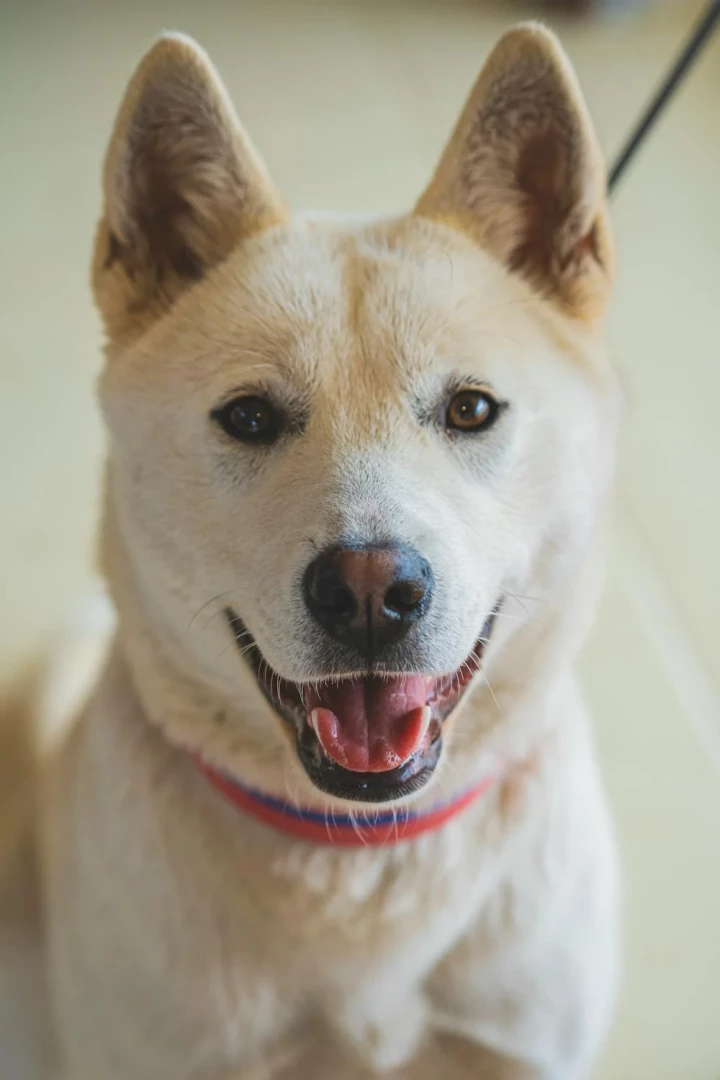
Jindo
About
The Jindo is a loyal, intelligent, and resilient breed that thrives in homes with experienced owners who can appreciate its independent nature and provide the right balance of love and structure. With their protective instincts, strong bond with their families, and dignified demeanor, Jindos are well-suited for families or individuals seeking a devoted and confident companion. Their loyalty, courage, and unique personality make them a treasured and loyal friend for those who understand and respect their spirit.
 Breed Size
Breed Size
-
Weight (Male)
14-23 kg
-
Weight (Female)
14-23 kg
-
Height (Male)
45-56 sm
-
Height (Female)
45-56 sm
 Coat
Coat
-
Fur Type
Double
-
Color
One color
 Care
Care
-
Walk
>45 minutes/day
-
Breed group
Foundation Stock Service
-
Breed Size
M
-
Demeanor category
Reserved with Strangers
 Breed Traits
Breed Traits
-
Barking
-
Good with young children
-
Drooling
-
Energy level value
-
Grooming frequency value
-
Good with other dogs
-
Trainability
 Breeds Club Recognition
Breeds Club Recognition
-
Trainability Category
>Independent
-
Temperament
>Alert, Intelligent, Bold
Description
The Jindo is a medium-sized, highly intelligent hunting and guarding dog, originally bred in South Korea for hunting and protecting homes. This breed descends from ancient Korean spitz-type dogs, resulting in a loyal, independent, and highly agile companion.
- Origin: South Korea, developed for hunting and guarding.
- Smart and trainable: Quick learner but retains an independent nature.
- Loyal and protective: Forms deep bonds with its family.
- Energetic and athletic: Requires daily exercise and mental stimulation.
- Thick, weather-resistant coat: Sheds seasonally and needs regular grooming.
The Jindo is a devoted and courageous companion, excelling in obedience, protection, and agility. With proper training and early socialization, they become well-mannered, confident pets best suited for experienced owners.
